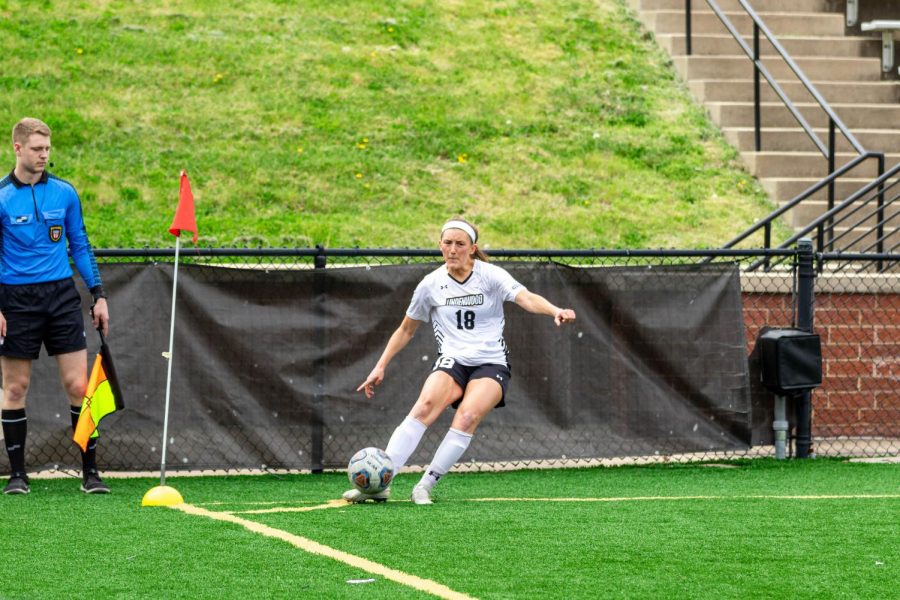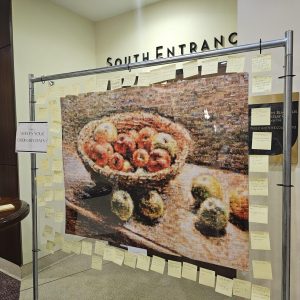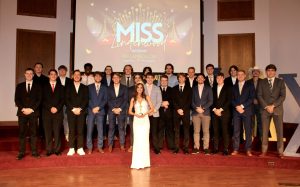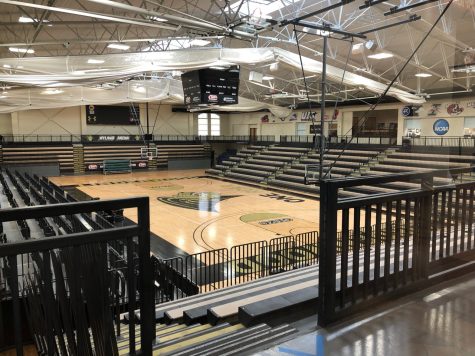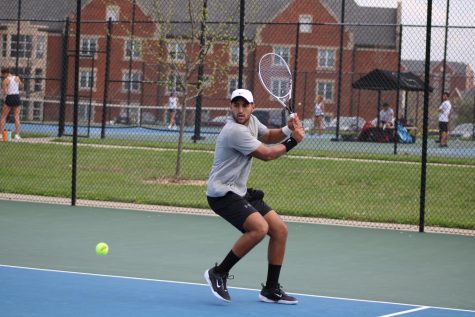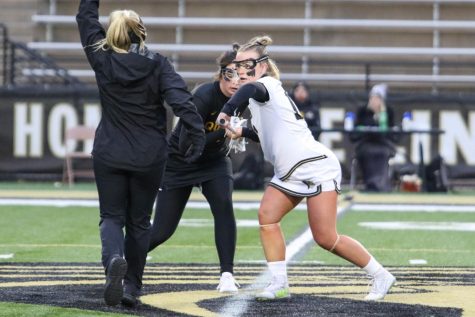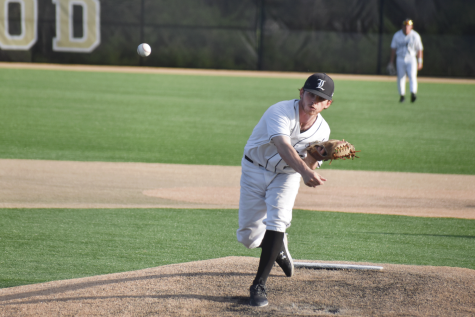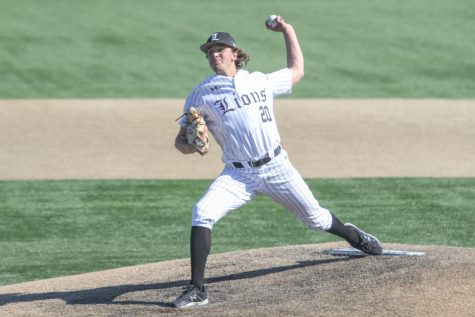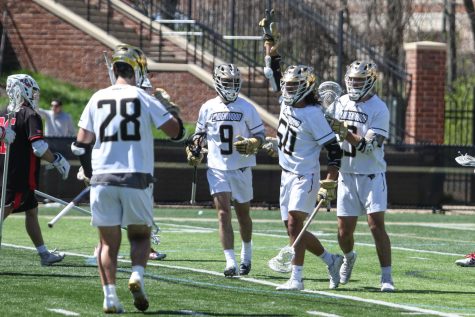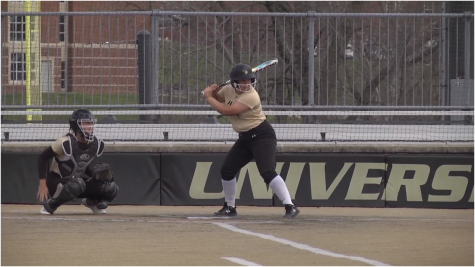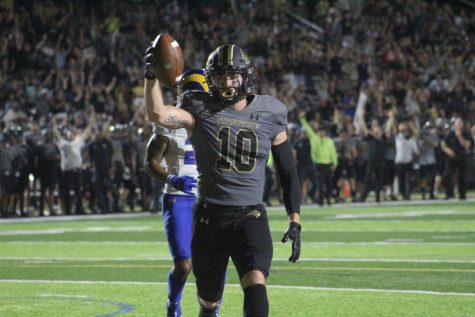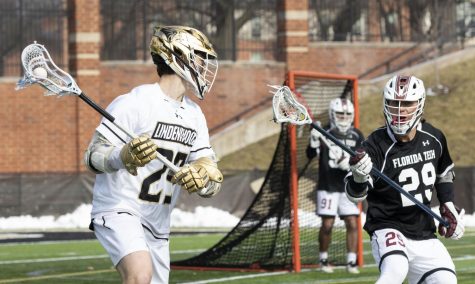Athletes and coaches overcome COVID seasons
Photo by James Tananan Kamnuedkhun
Women’s soccer defender Alaina White fires in a corner during a home match vs. Lewis on April 16, 2021.
May 8, 2021
This past year, many teams in Lindenwood athletics had to face quarantine periods and competition in different times of the year than usual with limited preparation time.
The athletes and coaches of Lindenwood University stayed prepared through the regulations and protocols.
“It was tough to be locked down and quarantined last semester,” men’s rugby senior flanker Ayden Hurst said. “Our team missed valuable weeks in our lead up schedule to games.”
Men’s rugby typical starts its season in the midst of the fall, competing in roughly 30 matches throughout the fall and spring until national championship time in early May. But with COVID, the team was limited to inner-squad scrimmages during the fall, as the season didn’t start until early February.
Once the season was underway, the men’s rugby team was back in business with three dominant performances to start, before having a match canceled for COVID protocols. Because of that match being canceled, the team only played in one match over a three-week period.
“It took a little used to being active again after COVID,” Hurst said, “however, our coaches ensured our physical preparation was up to standard.”
After continuing play, the Lions played three matches in one week. Prior to COVID, that would be a normal occurrence. But after almost a full year of no outside competition, the continuing stops and starts started to take a toll, which showed in men’s rugby losing its first match of the season 32-26 to Life University, a school they previously beat 45-27.
Men’s rugby would go on to finish the season 12-2 but were unable to compete in the postseason due to most of the teams in its league being from California, a state that still has strict COVID guidelines.
Because of COVID protocols, the women’s field hockey team didn’t have a 2020-2021 season. Instead, the team competed in various offseason training activities.
Freshman goalkeeper Yamilet Bravo-Ayala tested positive for COVID last semester and went through the necessary COVID quarantine protocols before returning to field hockey activities. Upon her return, she found it difficult to do the daily things in her life that she considered normal.
Her reaction to COVID can be heard below.
Kaiser Health News, a national newsroom that produces in-depth news about health issues, has reported that roughly one percent of all tested athletes developed “abnormalities”, specifically myocarditis, which is inflammation of the heart muscle, within months of testing positive for COVID.
Because of the canceled season, Bravo-Ayala didn’t miss any games and will return next season as a sophomore goalkeeper.
Similar to men’s rugby, the women’s soccer team typically starts its season in the fall, but that season is finished before the winter break. With COVID pushing sports back, the women’s soccer team didn’t start its season until late February. The team saw this as an opportunity instead of a setback.
“The benefit was that we had the entire fall to shape our team,” coach David Musso said. “We had our freshmen here an entire semester, so they were able to get a feel for our system, level, expectations and culture of our program.”
Coach Musso added that the biggest concern for playing in the spring was if someone had a season ending injury, then that injury would carry over to next season in the fall and they would essentially miss two seasons. Luckily, the team had no major injuries and will be returning all healthy players in the fall.
With a full roster for the spring, the women’s soccer team finished the season 9-3-3 before losing in the Great Valley Lakes Conference postseason tournament.
The plan of action for next year is for sports to return to normal schedules.



